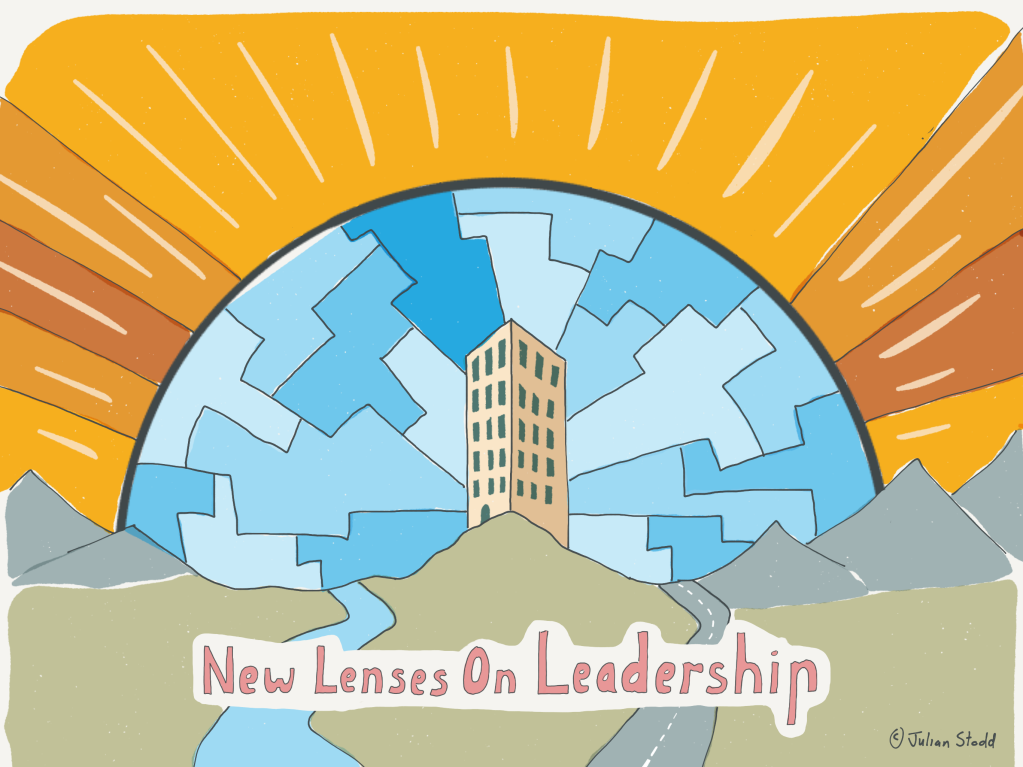Many Organisations are facing two dimensions of change: first, to change their structure and mechanisms of effect within their own four walls, and secondly to face up to a change in the ecosystem that surrounds them.

There is no benefit in transforming an Organisation if the ecosystem in which it exists has changed under your feet whilst you do so. And there is no benefit in understanding the evolution of the ecosystem if you are unable to change the structural Organisation that sits within it.
Someone asked me this week about the pace of change, and i was careful with my answer. I’m uncertain whether we can legitimately say that we face more change than ever before, at a faster pace. But i do think we face a broader range of change than we are used to. Changes in technology, social context, citizenship, belonging, structures of education, a new nature of knowledge, and of course disruptive technologies, to name but a few.
Or to put it another way – it’s not just linear change, within a known system, but rather systemic change that is redefining the system.
This requires a new type of strength, and an evolved model of capability. Ideas of ‘resilience’ forged in the old world may prove to be weakness or blindness in the new one.
For me this is paradigmatic: the challenge being to both map the new landscape, but also to design Organisations, and approaches to leadership and learning, that can thrive within it.
Not survive (that’s our baseline) but thrive.
This will require us to explore new models of capability: collective, distributed, permeable, contextual. Leadership that is distributed and interconnected, possibly contextual. Strength held beyond infrastructure. Engagement beyond pure utility.
A new type of Organisation for a new world.


